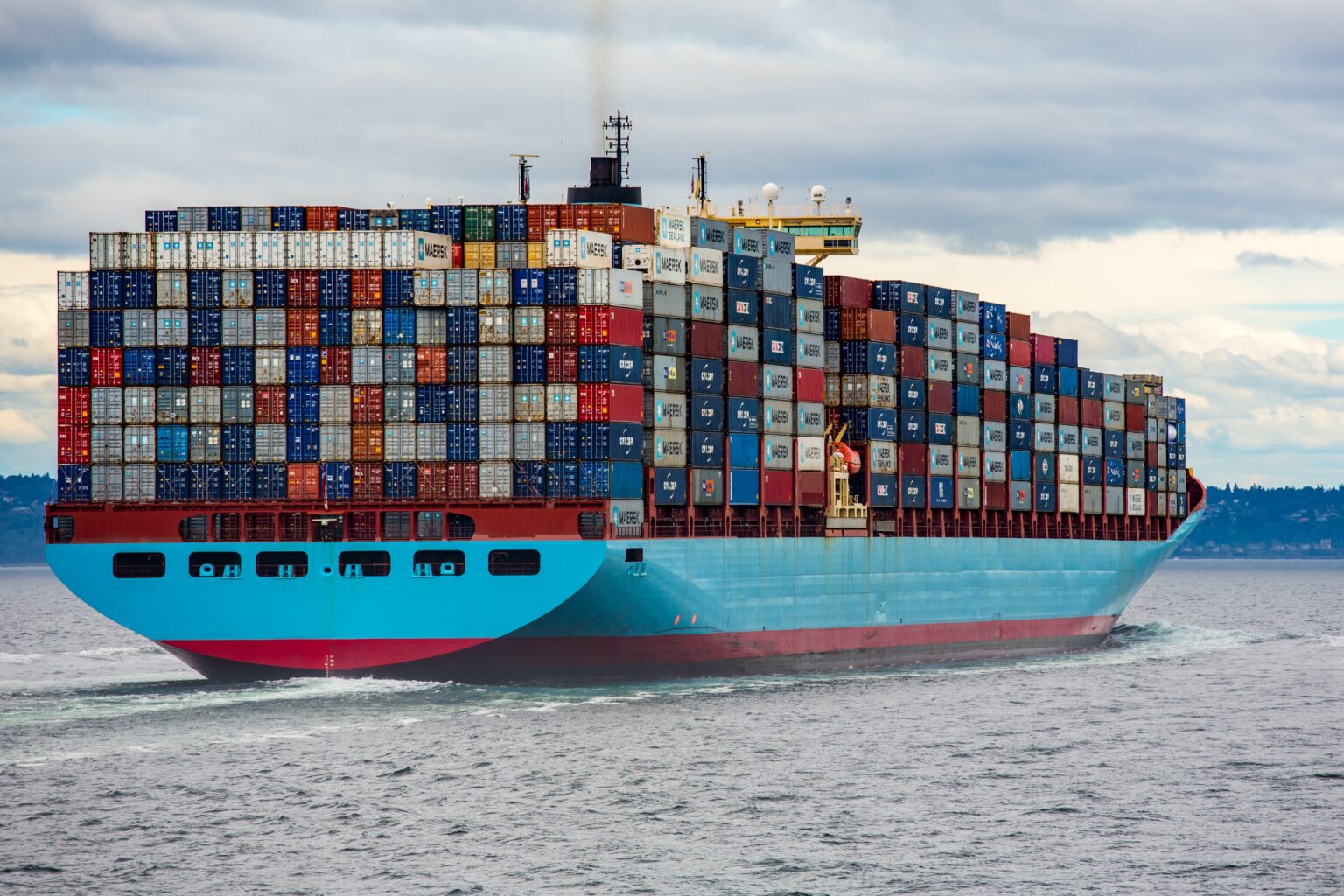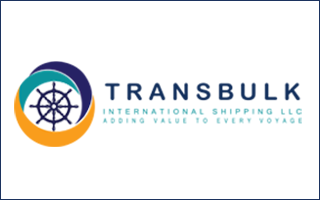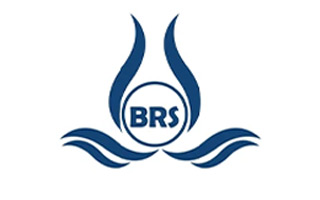Best Maritime Academy
IMBA the Best Maritime College for Commercial Shipping Management programs. was established to impart world-class education focusing on Commercial Shipping, Port & Logistics, International Trade & Entrepreneurship in India. In line with this objective, we offer Undergraduate, Postgraduate, & Specialized programs in collaboration with various universities in India & abroad.
PGDM Programs



Academic Partners
At IMBA, we prepare you to launch your career by providing a supportive, creative, and professional environment from which you learn practical skills and build a network of industry contacts.
Admission Open 2025
Latest Blogs
- February 18, 2025
How PGDM in maritime business management can transform your career
Latest Events
BBA & PGDMLPM New Batch Begins July 14, 2025
Career Counselling Session
Our Students Review
I used to work in NBFC firm in Surat (Gujarat). I was looking for an opportunity with growth prospects, and I got to know about the commercial shipping industry, and then I came across IMBA.

Jhanvi Modi
CP Desk Executive at MarcuraEver since I got to know about the Business aspect of Shipping Industry, I knew I had to enter this field. I waited for almost 1 year and finally the day came when I resigned from my previous job and the very next day I found myself sitting in the IMBA’s admission office. Four months of theory and there I was sitting for interviews with International and domestic shipping companies. All credit goes to the placement cell of IMBA headed by Ms. Neha Kannojiya, who made sure to give us all the opportunities available. Today, I am proudly representing IMBA internationally as an Operations Executive with Sharaf Shipping Agency, Dubai.

Vivek Patel
Shipping Executive Sharaf Shipping Agency (Dubai)I got to know about the background and value of the shipping industry from my UG, but I did not have the adequate practical knowledge to enter this field, that’s when I found IMBA whose curriculum has been prepared by the industry experts themselves us immense opportunities to join the commercial shipping industry in different profiles. My decision proved to be worth it and gave me just the kind of placement I had dreamt of.
I will always be thankful to Neha Ma’am for giving me this opportunity to take career with an International Placement with Transbulk International Shipping.(Dubai)

Sanjita Gupta
Operations Executive Transbulk International Shipping (Dubai)Contact Us

Contact us for assistance, we look forward to hearing from you!


Mumbai-400059 , Maharashtra , India.
Phone Number +91 9820668228



















